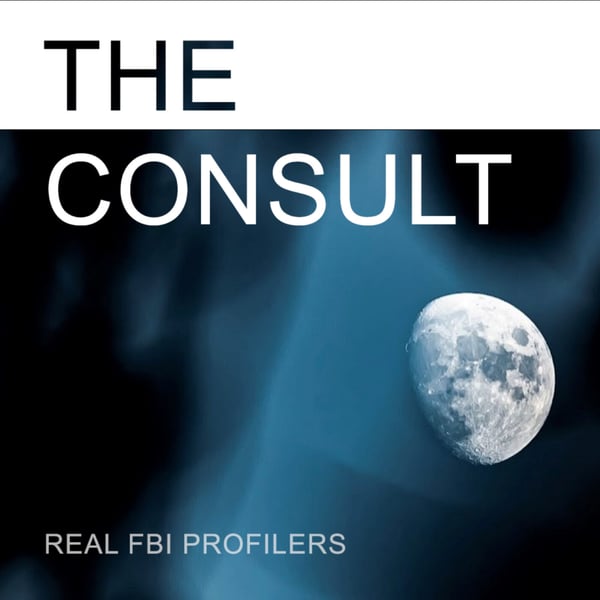Profiling Israel Keyes - Part 1
The Consult: Real FBI Profilers
PodcastOne
4.8 • 1K Ratings
🗓️ 3 April 2022
⏱️ 72 minutes
🧾️ Download transcript
Summary
Transcript
Click on a timestamp to play from that location
| 0:00.0 | In the consult, we discuss cases that are violent and sexually violent in nature. |
| 0:07.0 | Listener discretion is advised. Welcome to the consult. I'm Julia Cowley, retired FBI agent and profiler, and former special agent forensic scientist with the Tennessee Bureau of Investigation. |
| 0:49.3 | I'm Angela Serser, former FBI special agent and profiler. I'm Susan Costler-Drew, former FBI special agent and profiler. |
| 0:59.6 | And I'm Bob Drew, former FBI agent and profiler. |
| 1:03.5 | Today we're going to begin our multi-part discussion about the serial killer Israel Keys. Although he's suspected in many more |
| 1:14.7 | killings, we're only going to discuss the murders of Lorraine and William Currier from |
| 1:21.2 | Essex, Vermont, and Samantha Koenig from Anchorage, Alaska, because these were the cases we actually worked on. |
| 1:31.3 | I think our perspective on these cases is interesting because they came into us at the behavioral |
| 1:37.8 | analysis unit separately. And of course, at the time, we had no idea that they were connected. |
| 1:44.3 | You can't get much farther apart than Vermont and Alaska. |
| 1:50.0 | And this gives us a great opportunity to discuss the difficulties in attributing murders to serial killers. |
| 1:59.5 | Before we get into the facts of this investigation, let's first talk about |
| 2:04.6 | how and why the FBI's behavioral analysis unit might get involved in an investigation. |
| 2:13.3 | There are several ways that a case might have come to us. The first one being is what happened in this case was that we received a call from an FBI agent in the field, someone who we would call a field coordinator, an NCAA field coordinator, National Center for the Analysis of Violent Crime. This is something that I was out in the field before I |
| 2:34.6 | came to the behavioral analysis unit. You are a liaison with all of the local and state police |
| 2:40.1 | departments. And should they have a case that they feel might benefit from some behavioral |
| 2:45.8 | analysis, then they would initially, sometimes they go direct to the behavioral analysis unit, but usually |
| 2:52.4 | they would reach out to the field coordinator in one of the FBI's division offices, field offices, |
| 2:59.9 | and ask for assistance. The field coordinator would then reach out to the NCAA and the appropriate unit where that case would be handled. |
| 3:10.8 | I think as we've mentioned before, it's divided up according to the types of crimes that are being |
| 3:15.8 | investigated, whether it's a crimes against adults, crimes against children, whether this is a |
| 3:20.2 | terrorism case, et cetera. And in this case, a field coordinator reached out to the |
... |
Please login to see the full transcript.
Disclaimer: The podcast and artwork embedded on this page are from PodcastOne, and are the property of its owner and not affiliated with or endorsed by Tapesearch.
Generated transcripts are the property of PodcastOne and are distributed freely under the Fair Use doctrine. Transcripts generated by Tapesearch are not guaranteed to be accurate.
Copyright © Tapesearch 2025.

